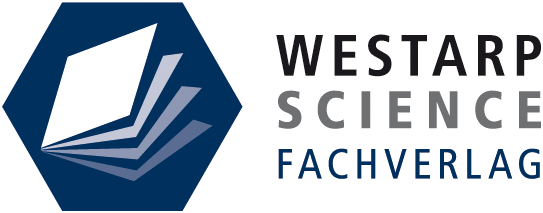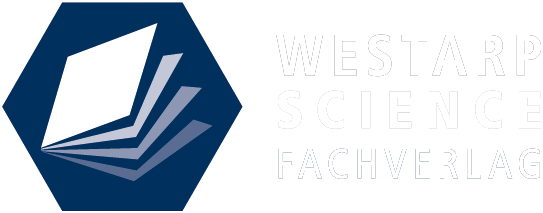Mariusz Chrostowski
Anthropologische, ethische und theologische Problemzonen der Künstlichen Intelligenz als Lerngegenstand im Religionsunterricht
Zusammenfassung und Schlagwörter
Da Religionsunterricht die Subjektorientierung der Schülerinnen und Schüler und ihre Befähi-gung zur kritischen Reflexion über sich selbst und die sie umgebende(n) Wirklichkeit(en) als relevante Bildungsziele setzt, stellt die Frage nach der inhaltlichen Auseinandersetzung mit Künstlicher Intelligenz (KI) einen zentralen bildungstheoretischen Aspekt dar. Vor dieser Hin-tergrundfolie zielt der folgende Beitrag darauf ab, die anthropologischen, ethischen und theo-logischen Problemzonen der künstlichen Intelligenz als Lerngegenstand im Rahmen religiöser Bildungsprozesse aufzuzeigen. Dies geschieht in drei Schritten: In einem ersten Schritt wird das Proprium des Religionsunterrichts im Kontext von KI und Digitalisierung skizziert, um dann in einem zweiten Schritt den Analysehorizont zu erweitern und fünf Herausforderungen der KI in Bezug auf menschliche Motivationen (1); diskriminierende Entscheidungsprozesse und die Reproduktion von Vorurteilen (2); Gottes-, Welt- und Menschenbild sowie den Wunsch nach Unsterblichkeit (4) und zwischenmenschliche Beziehungen und Friedenskonso-lidierung (5) zu identifizieren. Im letzten Schritt erfolgt eine religionspädagogische Konkreti-sierung, indem drei Thesen zur inhaltlichen (Neu-)Profilierung des Religionsunterrichts vorge-stellt werden. Der Beitrag klingt mit einem Ausblick aus.
Künstliche Intelligenz, Religionsunterricht, Lerngegenstand, Ethik, Anthropologie
Anthropological, ethical and theological problem areas of Artificial Intelligence as a subject of learning in Religious Education
Summary and Key Words
Since religious education has as relevant educational goals the subject orientation of pupils and their ability to reflect critically on themselves and the reality(s) surrounding them, the question of how to deal with the contents of Artificial Intelligence (AI) represents a central aspect of educational theory. Against this background, the following article aims to highlight the anthropological, ethical and theological problem areas of artificial intelligence as an object of learning in the context of religious education processes. This will be done in three steps: The first step is to outline the attributes of religious education in the context of AI and digital-isation; the second step is to broaden the horizon of analysis and identify five challenges of AI concerning human motivations (1); discriminatory decision-making processes and the re-production of prejudices (2); the view of God, the world and man, as well as the desire for immortality (4); and interpersonal relationships and peace-building (5). In the final step, a reli-gious pedagogical concretisation takes place by presenting three theses on the (re)profiling of the content of religious education. The article concludes with an outlook.
Artificial Intelligence, Religious Education, Learning Object, Ethics, Anthropology
82. Ergänzungslieferung / 2024 / Gliederungs-Nr.: XIV – 5.1.2

